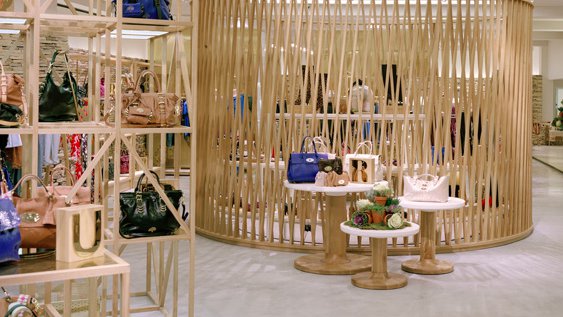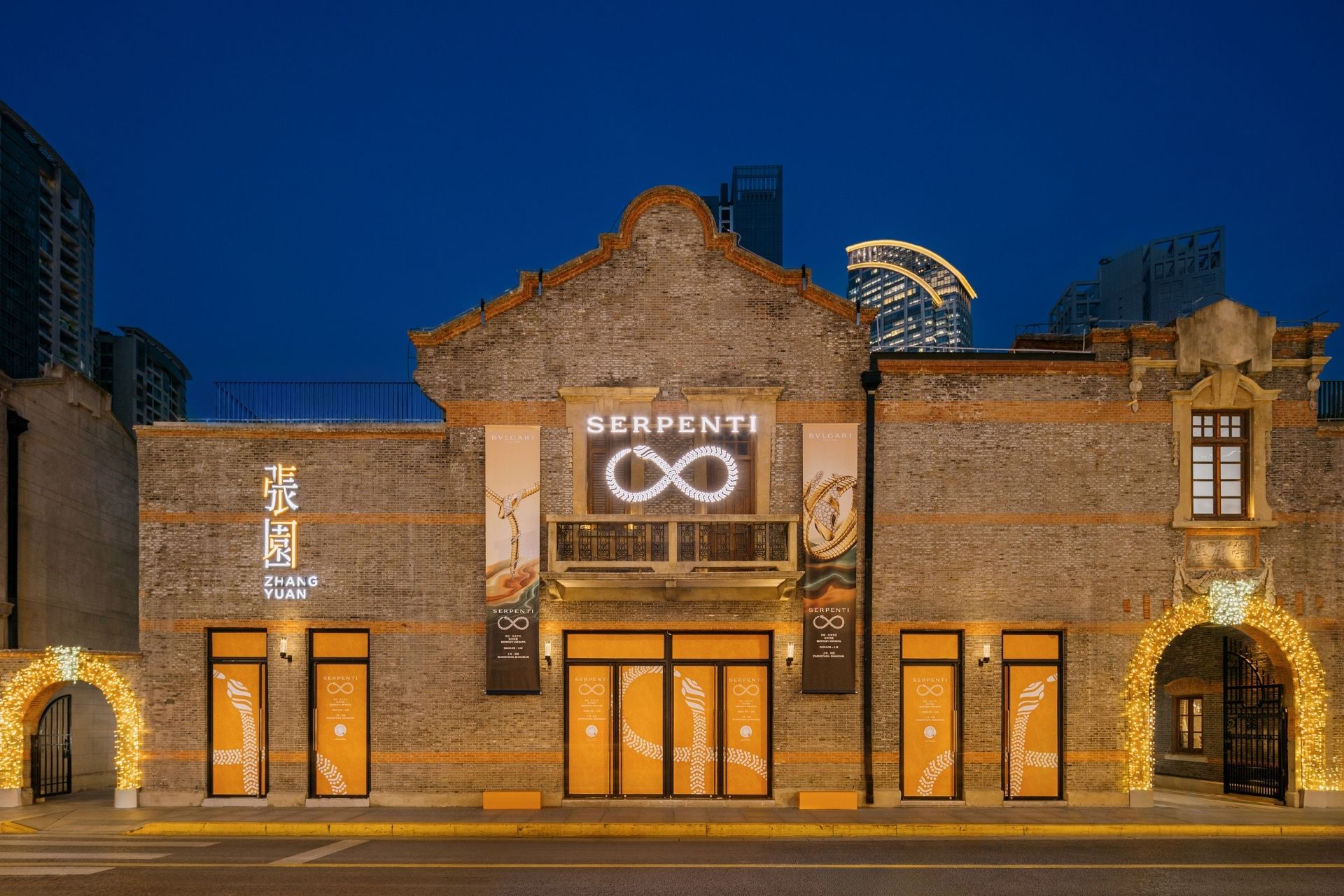70% of the world’s population now own a mobile phone, some further interesting and alarming statistics regarding the ongoing growth of mobile phone usage

70% of the world’s population now own a mobile phone, some further interesting and alarming statistics regarding the ongoing growth of mobile phone usage
70% of the world’s population now own a mobile phone, some further interesting and alarming statistics regarding the ongoing growth of mobile phone usage
Cellular mobile phone technology has now existed for over forty years, in 1973 it was the Motorola DynaTAC, the world’s premiere handheld mobile device, which weighed one kilogram, had a battery life of 35 minutes and cost $4,000. In 2010 it is the iPhone 4, weighing in at 137 grams, lasting up to 300 hours and often procured under contract with no monetary outlay at all. In a little over three years, Apple have sold almost 60 million handsets.
As phones get smaller, lighter, cheaper and more functional, more and more people are involving themselves, their businesses and their children, with the technology. So much so that children in 2010, are more likely to own a mobile phone than a book, in the United States alone, nine out of ten men, women and children own a mobile device.
Mobile is now a multi billion dollar industry, in 2009 $4.2 billion was spent on Smartphone applications, this figure is estimated at $29.5bn in 2013. Morgan Stanley suggest that in the next five years more people will connect to the internet via mobile than they will using a computer, solidifying the need for luxury marketers to take this increasingly popular media into their communications consideration.








